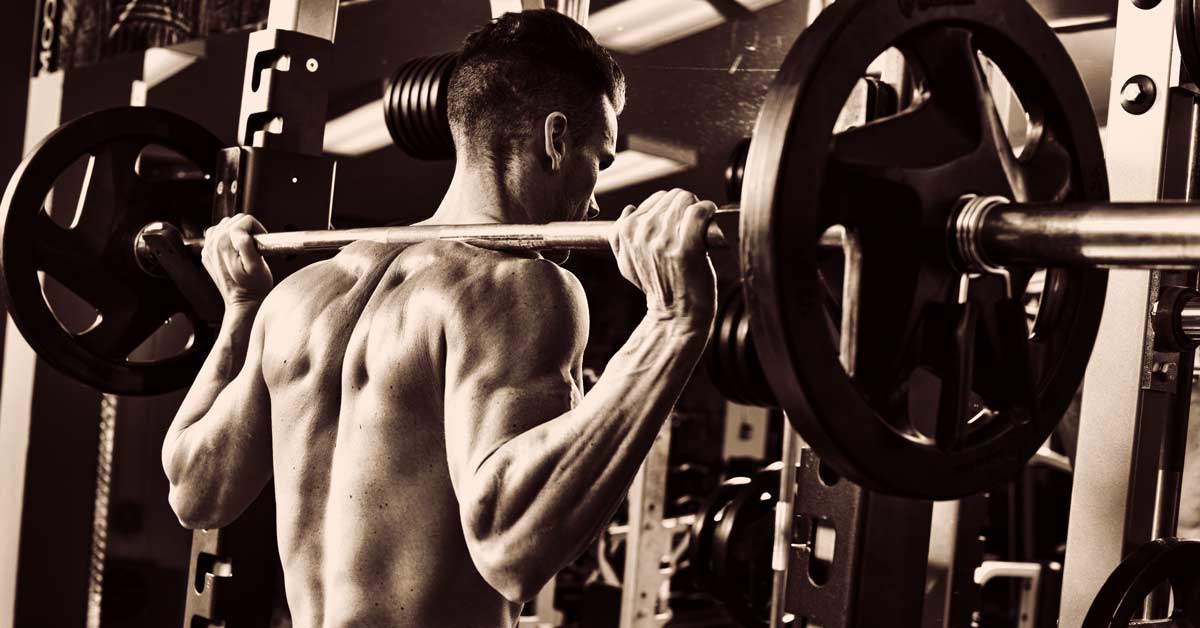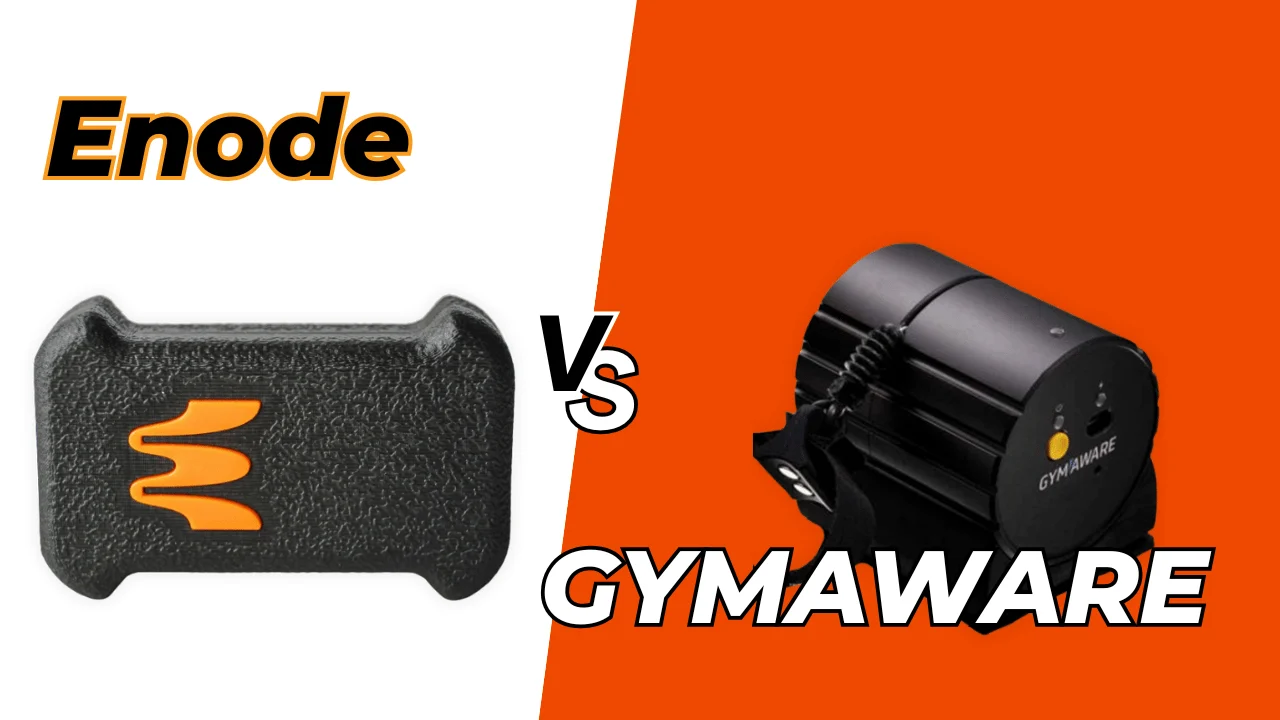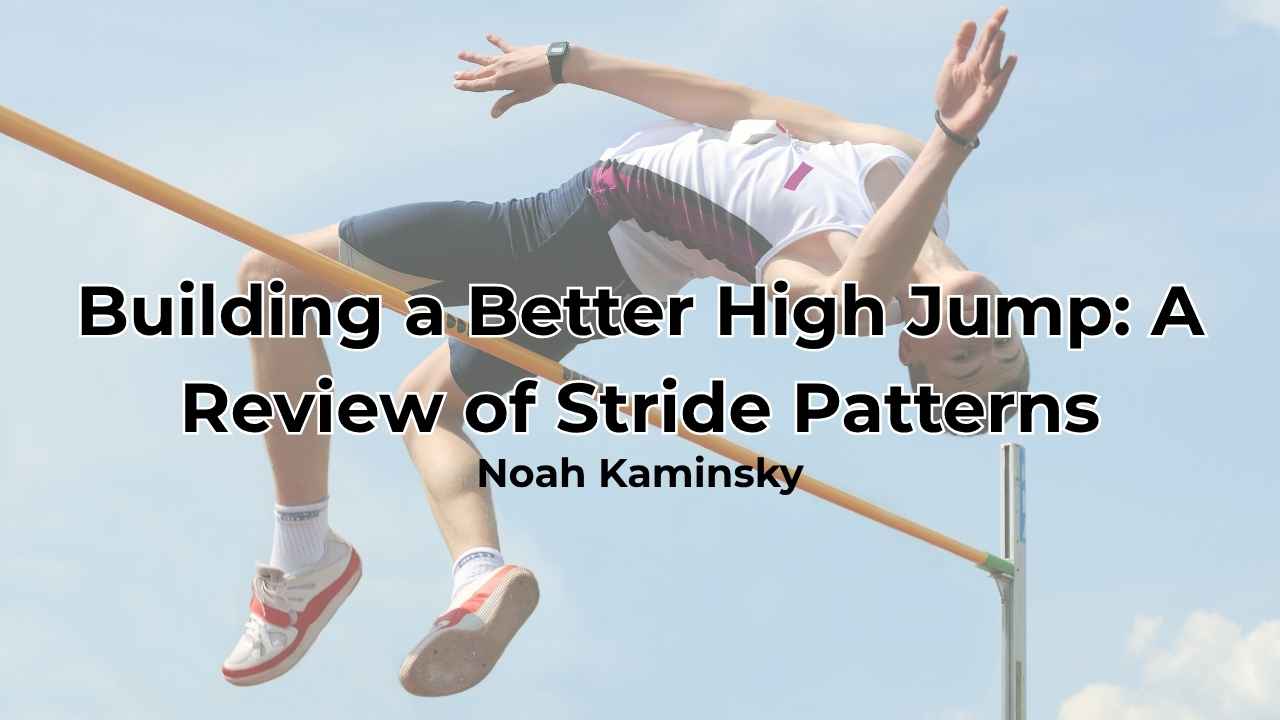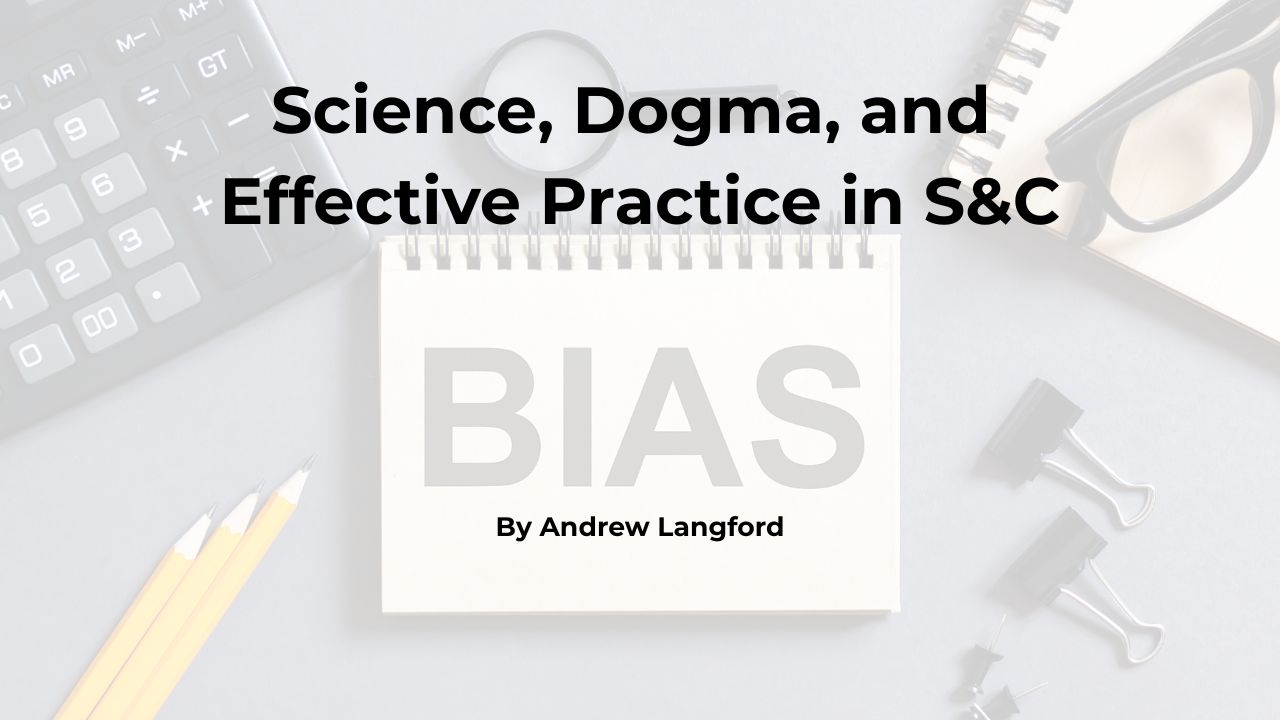[mashshare]

Mark Watts is a fifth-grade school teacher and U8 Girls Soccer coach in Columbus, Ohio. Watts was formerly the Director of Education at elitefts.com and the host of the Elitefts Sports Performance Podcast. He has a master’s degree in exercise science & health promotion from California University of PA and a master’s degree in elementary education from Clarion University of PA. He has held professional certifications through the NSCA, CSCCa, NASM, and USAW.
Freelap USA: What is one of the biggest problems with the upward growth of the strength and conditioning professional?
Mark Watts: The strength and conditioning profession has become more about attrition than upward mobility. Coaches have been expressing their needs to be more valued at their own universities or in athletics in general for decades. Strength coaches that have survived a sport coaching change are anomalies and no one you ever talk to actually knows any strength coach that has retired.
For most strength coaches, their ability to feed their family is directly tied to wins and losses, says @MJ_Dubs_XIII. Share on XEven the best, most experienced strength coaches who were always deemed “untouchable” have taken the necessary steps to venture into administration or academics. For some strength coaches, being associated with the football or basketball coaches has given them job stability and financial freedom, but for most, it has meant their ability to feed their family is directly tied to wins and losses.
Freelap USA: You’ve talked about the difficulty of the strength and conditioning profession being the difficulty of quantifying effectiveness. What aspects can, and cannot, be quantified in the job of a strength coach?
Mark Watts: This profession is so much about process and progress and so little about outcome and product to the individuals that perform in it every day. The issue is, as we know, that the process can rarely be quantified. What compounds this issue is that the specific aspects that can be quantified, (testing results, injury rates, wins and losses, etc.) have two distinct inconsistencies.
First, these quantifiable measures may not have a correlation, let alone causation, to on the field/court/track performance. Improvements in performance tests may not be directly responsible for wins and losses.
Strength coaches generally don’t want the blame for wins and losses, or the credit for them either, says @MJ_Dubs_XIII. Share on XSecond, improvements in these performance tests are not necessarily because of the guidance of the strength and conditioning coach. The team that wins is usually the team with better players. Just as strength coaches generally don’t want to take the blame for wins and losses, they usually won’t take credit for them, either. This goes back to no real quantifiable way to evaluate a strength coach’s impact on performance.
Freelap USA: How can the sports performance industry properly prepare and guide interns for career success? What’s your advice to young aspiring strength coaches in such a saturated field?
Mark Watts: An important question that everyone in our profession should be honest about is whether we are really taking responsibility for guiding interns for career success. I really don’t think most sports performance professionals have a vested interest in truly developing the people around them. Whether this is due to lack of time, lack of resources, or something much more disheartening like the desire to keep our peers from career advancement, I am unsure if there are sincere efforts to do so.
There are several pieces of advice I would give to aspiring strength coaches. Not everyone is at the same level before they start this journey, but most of this will apply to the majority of coaches seeking a career in the field.
1. Make sure it is really what you want to do. There are countless numbers of recent college graduates who suddenly decide that “coaching is not for them” after accepting a full-time internship. Just because you enjoy the gym doesn’t mean you should be a strength coach. If you like working out, join a gym. Most coaches learn early that for almost all coaches, the hours, the money, and the job security make pursuing the profession very difficult. The only way you will know for sure is if you volunteer and find out what the job is really like.
2. Be honest with yourself. How are you different from the other thousands of exercise science majors? Having a degree and being certified is the bare minimum for anyone pursuing a career in the field. The opportunities you will usually get are indicative of the work you’ve put in. Any coach would rather get paid to coach as opposed to volunteer. But, if you turn down the volunteer internship, is it because you have paid opportunities? If a position was a paid position, would you be in contention for it compared to your peers?
3. You have to jump through the hoops. You need the degree and the certification. Having these does not guarantee a job, but not having either will keep you from getting a job. Trevor Kashey, one of the smartest men I know, said this: “An exercise science degree doesn’t mean you know how to exercise, it just means you know how exercise works.” So, with your degree, you still need to spend time under the bar, and under the direction of a mentor.
Having a certification doesn’t mean you are a good coach. What it means is you are willing to understand the basics of keeping athletes safe and will continue to make an attempt at continuously learning. Without that certification, you have to explain why you are more hirable than every other coach that sacrificed to become certified. It may not make a huge difference overall, but it can make one on a resume, and in a court of law, in case you are in a situation where you need it.
4. You must volunteer. I don’t know any head strength and conditioning coach that is willing to pay someone to learn how to be a coach. Whether it is fair or not, the difference between one coach and another is usually their experience. For every strength coach not willing to work for free, there are 10 that will. I don’t know if that is good for the financial progress of our profession, but that seems to be the reality.
Freelap USA: What should the attitude of a coach and athlete be towards competition? We tend to see some interesting behavior around the times of championship games, and I’d like to hear your take on what you feel coaches and athletes should ultimately be motivated by.
Mark Watts: If we are talking about competition between teammates, I feel coaches may sometimes go overboard with their methods of facilitating competitive drills between teammates. Whether it is the sport coaches or strength coaches, I sometimes question the motives and the effectiveness of some of these competitive drills, but then again, it is not my program. Somehow, these coaches feel this is a necessary step in the process.
Coaches may go overboard with their methods of facilitating competitive drills between teammates, says @MJ_Dubs_XIII. Share on XI think if you are going to improve factors like competitiveness, mental toughness, resiliency, etc. you must be able to do two things. First, you must be able to define it. Second, you must be able to measure it. If you can do both of those tasks, then you must be able to prove they correlate to performance. I guess I need further convincing that wrestling a stick away from another player or winning a tug-of-war goes beyond an acute training effect and will actually improve sport performance.
Freelap USA: What is the biggest impact a strength coach can make on an athlete?
Mark Watts: Being a strength and conditioning coach means you are able to set goals for athletes they can’t set for themselves, and objectively assess them. There is so much subjectivity in coaching a sport, particularly non-stopwatch sports. Strength and conditioning coaches try to do everything they can to remove that subjectivity, even when their own jobs cannot be objectively quantified. Strength coaches can hold athletes accountable in ways that sport coaches can’t. The weights don’t lie, the stopwatch doesn’t lie, etc. Athletes have standards they can meet without multiple variables affecting how they meet them.
S&C coaches can hold athletes accountable in ways that sport coaches can’t, says @MJ_Dubs_XIII. Share on XThe second impact would be self-efficacy. The combination of self-confidence and an increase in skill sets can directly impact performance on the field or court. Athletes understand that the investment they make in the weight room can lead to success in their sport. The greater that investment, the more difficult it is for athletes to quit. To me, that is the intangible that makes the most significant difference.
Since you’re here…
…we have a small favor to ask. More people are reading SimpliFaster than ever, and each week we bring you compelling content from coaches, sport scientists, and physiotherapists who are devoted to building better athletes. Please take a moment to share the articles on social media, engage the authors with questions and comments below, and link to articles when appropriate if you have a blog or participate on forums of related topics. — SF
[mashshare]





